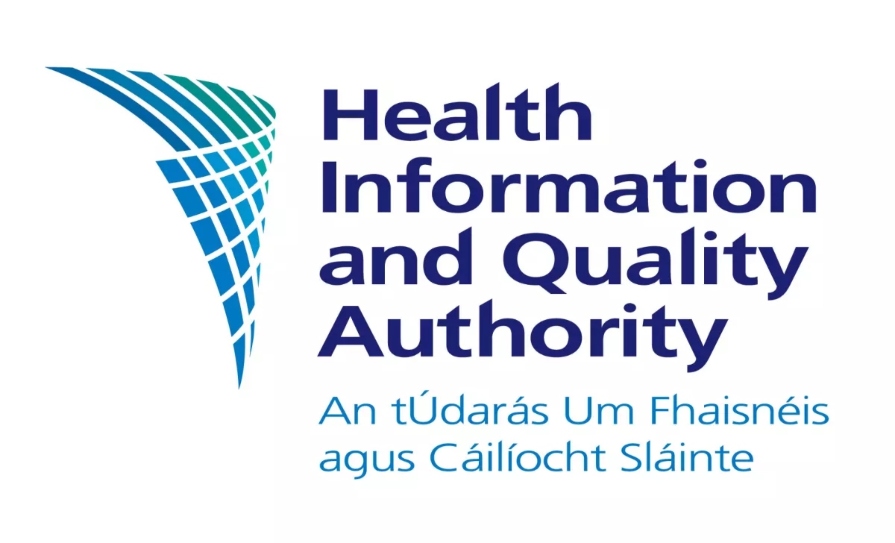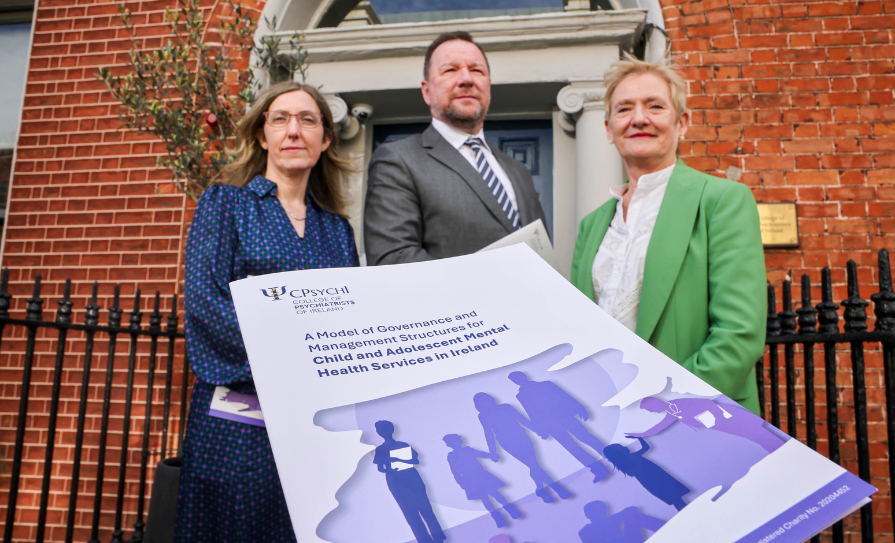Posting bowel cancer screening kits directly to people who are eligible for BowelScreen can boost participation rates, according to a new RCSI study.
The research, supported by the HSE National Screening Service’s BowelScreen, showed a 6 per cent increase in screening uptake among people who were sent a postal kit, a strong improvement given the simplicity of the intervention.
The study, which was funded by the Irish Cancer Society, offers a strategy to enhance prevention and early detection efforts for one of Ireland’s most common cancers.
With Bowel Cancer Awareness Month starting today, the publication of this study is timely, highlighting the need to increase screening participation across the country. In Ireland, bowel cancer is the second and third most common cancer among men and women respectively, with around 2,500 new cases each year. Screening can help prevent bowel cancer and detect it before the cancer progresses to later stages when treatment is not as effective. Despite the proven benefits of screening, BowelScreen’s screening uptake is approximately 10 per cent below comparable bowel screening programmes in Europe.
The BowelScreen approach requires first-time invitees to request a home screening kit on receipt of their invitation to take part – an important step to confirm consent to participate in screening and personal details, and reduce potentially costly kit wastage, but a step that may deter participation.
The study, led by Dr Nicholas Clarke at RCSI’s School of Population Health, tested two interventions to encourage more people to take part.
Rather than waiting for people to request a kit, the study sent kits automatically to those who had not responded to the initial invitation letter. This intervention alone resulted in a 6 per cent increase in participation rates.
Additionally, the study introduced a more personal reminder letter co-written by a patient and public involvement (PPI) panel. This revised version of the letter addressed common concerns about the screening process identified from previous research conducted by Dr Clarke and incorporated personal insights from the panel aiming to reduce hesitation and improve response rates.
Findings indicated that this intervention had the most impact on women from lower socio-economic areas when sent alongside the screening test kit.
The study highlights the need to remove barriers to bowel cancer screening, particularly among men and those in socioeconomically disadvantaged areas, where participation remains lowest. Participation in screening can reduce the risk of a cancer diagnosis and even prevent it by detecting polyps that could progress into cancer if left unchecked.
“This research highlights simple yet effective changes that can significantly increase participation in bowel cancer screening,” said Dr Clarke, Research Fellow and senior author on the paper. “By making the process easier and addressing concerns upfront, we can save more lives. However, based on 2020/21 data, which was the latest available when the research was carried out, overall screening uptake still remains lower than the EU’s recommended uptake levels of at least 65 per cent. Indeed, evidence has shown that few screening programmes in Europe have achieved uptake rates above 50 per cent. Continued implementation of screening and further refinements to understand what works best and for whom are essential to ensure more people benefit from cancer prevention and early detection.”
“The continued implementation of these small changes can increase bowel screening uptake and ultimately lead to better bowel cancer prognoses and mortality outcomes overall. It is hoped that further research will help improve understanding of the lack of participation among certain groups, so that all communities can access the lifesaving benefits of BowelScreen across Ireland.”
BowelScreen Programme Manager, Ms Hilary Coffey Farrell, said: “We are marking Bowel Cancer Awareness Month in April by encouraging all people aged 59 to 70 to reduce their risk of bowel cancer developing by choosing bowel screening.
“Uptake rates in BowelScreen are a priority for us and we are focused on working to remove any possible barriers to bowel cancer screening, particularly among men, and those in socioeconomically disadvantaged areas, where participation remains lowest.
“Our partnership work on this research project will add to the evidence that supports our decision-making around measures to increase equitable uptake, whilst continuing to ensure we meet our population health aims; balance the benefits and harms for our participants, be cost-effective, and enable more people to choose screening.”
The HSE’s BowelScreen programme offers screening every two years for people between the ages of 59 and 70. Visit hse.ie/bowelscreen to register for your screening today.
The research is supported by Irish Cancer Society and the National Screening Service through the Research Grant SCR20CLA and supported in part by grants from the Health Research Board and Research Ireland.





















